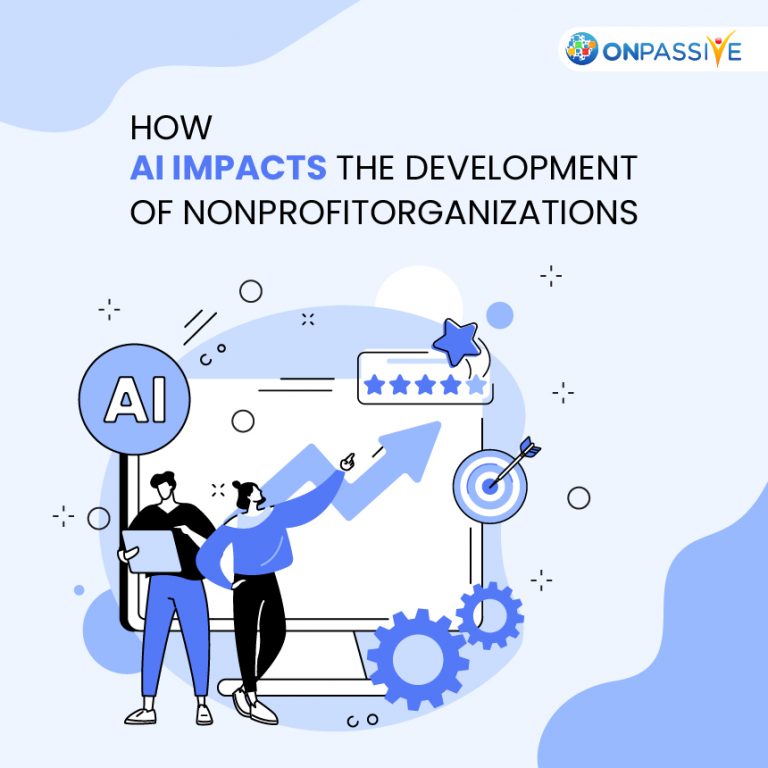
Artificial Intelligence (AI) is undoubtedly the most trending technology of recent times as it has become more powerful over the past few years. Its capacity to process and analyze vast data and its computing power, which increased dramatically over the years, has made it the most useful technology for many industries and sectors.
Artificial Intelligence is a technology that uses Machine Learning to mimic human intelligence using algorithms and historical data and create a propensity model which starts making predictions. The main objective of AI is to enable computers to understand human intelligence and perform intellectual tasks such as decision making, perception and problem-solving.
Many private companies are leveraging data analytics, Artificial Intelligence, Data Science and Machine Learning techniques to reduce costs and increase their revenue. Data-driven strategies help improve an organization’s efficiency by creating added value to traditional business and generating more revenue.
Nonprofit organizations, similar to other organizations, are taking advantage of AI technology as they have the opportunity to develop powerful algorithms of AI to understand more about their members needs, improve the efficiency of their resources and raise more funds.
How AI impacts the development of Nonprofit Organizations
The following are few ways in which AI impacts and elevates Nonprofit organizations:
Empower Decision-makers
Artificial Intelligence enables to extract knowledge from the data. The valuable insights derived from this data helps executives and managers of Nonprofit organizations get a clear and bigger picture of things, thereby enabling them to make better decisions.
By analyzing massive data around sponsors, offers, members feedback, and information on social media platforms, nonprofits can gain valuable knowledge and insights, refine their strategies, and make better operational decisions.
Automate Repetitive Tasks
Organizations will have numerous tasks that are time consuming and repetitive tasks. Automation of such tedious and repetitive tasks reduces the cost and risk of human errors. Machine learning algorithms extract patterns to define repetitive tasks and automate them. Once the tasks are identified, robotic process automation (RPA) tools then automate the process.
Improve Customer Service
Answering routine questions can be time-consuming. Therefore, Nonprofits can develop and use cognitive search engines and AI chatbots to reduce operational costs and improve customer satisfaction. AI chatbots can respond very quickly instead of having members wait for hours to reply.
Nonprofits can effectively communicate with internal and external users and improve their customer service through Machine Learning and Natural language processing algorithms along with AI chatbots.
Send more Personalized Messages
Nonprofit organizations usually have a vast amount of data about their consumers and members. Data analytics and Machine Learning algorithms help organizations by extracting valuable insights by exploring various contexts enabling organizations to make actionable decisions to send personalized messages to customer and provide them with the best customer service increasing customer experience.
Improve the Fundraising Process
Understanding the interests of donors and supporters is vital to ask for the appropriate donations and support the right kind of programs. However, AI and Machine Learning algorithms provide Nonprofit organizations with valuable information about existing supporters and potential new supporters.
Artificial Intelligence helps Nonprofit organizations improve their efficiency, enabling them to learn more about their supporters, new members and audience and improve their resources while serving customers better with AI-equipped solutions.
Conclusion
Artificial Intelligence helps Nonprofit organizations manage administrative operations and automate repetitive tasks while enabling them to generate more revenue. Therefore, Nonprofits need to invest in AI technology to enhance operational efficiency with Data analytics, Machine learning and AI-driven solutions.
Artificial Intelligence enhances nonprofit organizations‘ decision-making process by providing them with actionable and precise insights from the vast amount of data sets and enabling them to boost audience engagement with an intelligent and personalized approach.


